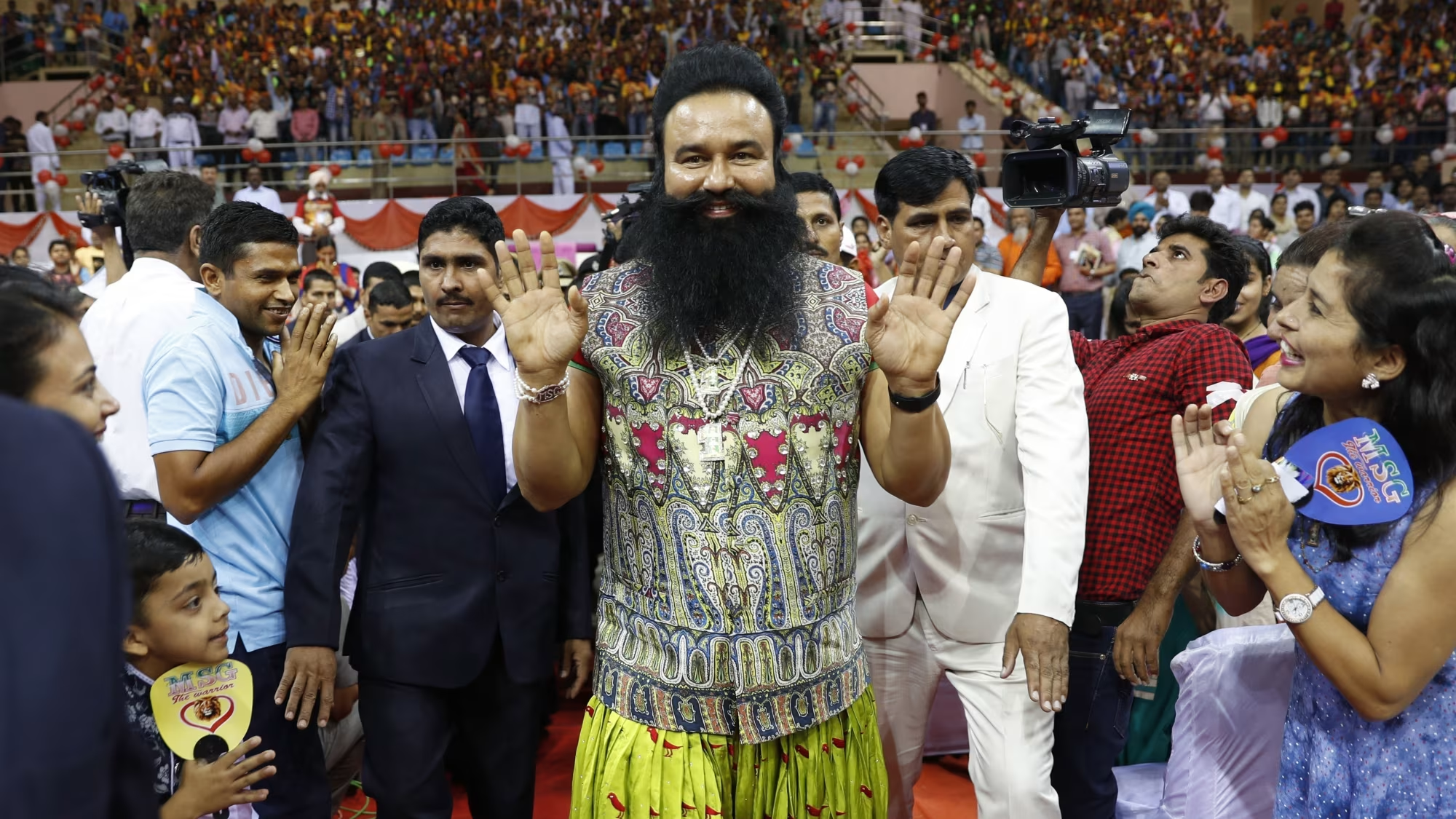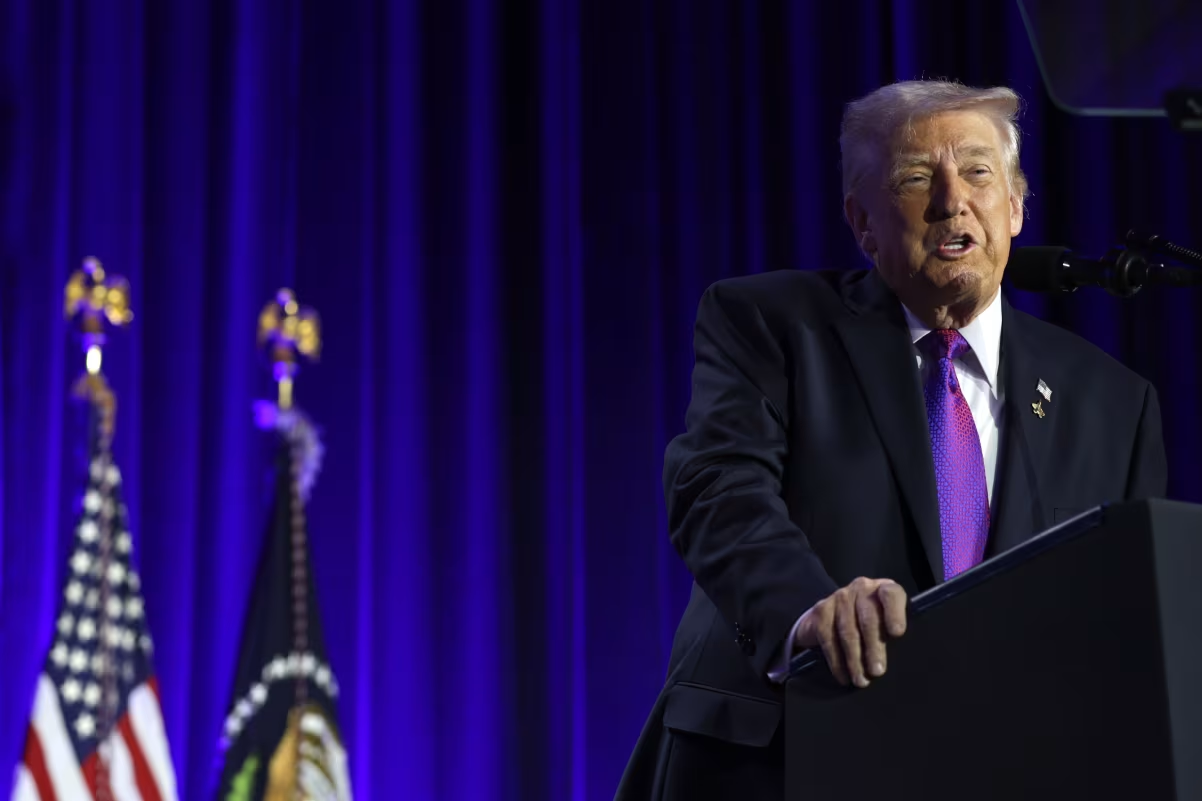Clock’s Ticking: Prosecutors Eye Comey Case in Virginia, but Charges — and Grand Jury — are no Sure Thing
Federal prosecutors are gearing up to take a run at former FBI Director James Comey, with plans to ask a grand jury in the Eastern District of Virginia for an indictment in the coming days, according to multiple people familiar with the matter. What, exactly, they’d charge him with remains fuzzy — and there’s no guarantee the grand jury will bite.
The window is tight. If the government wants to accuse Comey of lying to Congress over his 2020 testimony about the FBI’s Trump-Russia probe, the five-year statute of limitations hits Tuesday. That deadline explains the scramble in Alexandria, where prosecutors have been reviewing whether statements Comey made during a September 30, 2020 Senate Judiciary hearing cross the legal line.
Even inside the US attorney’s office, there’s dissent. Some prosecutors have already given their new boss, Lindsey Halligan, a memo arguing against filing charges, saying they don’t see probable cause that a crime occurred. Comey’s camp isn’t saying anything publicly. The Justice Department also isn’t commenting.
Politics are hanging over all of this. Since returning to the White House, President Donald Trump has openly pressed his Justice Department to go after Comey and other adversaries. Over the weekend he urged Attorney General Pam Bondi on social media to move “now,” saying “justice must be served.” He’s also railed at New York Attorney General Letitia James and Sen. Adam Schiff, both frequent targets. That pressure campaign coincided with a leadership shake-up in the Virginia office: Erik Siebert, the previous US attorney, stepped down after signaling doubts about cases against Trump’s foes; Halligan — until recently a White House adviser and previously a civil litigator aligned with Trump — was installed in his place.
The case against Comey centers on his Senate testimony defending aspects of “Crossfire Hurricane,” the FBI’s 2016 inquiry into possible links between the Trump campaign and Russia. Republicans have long claimed Comey shaded or withheld the truth, including about internal referrals and media disclosures. To make any false-statements charge stick, prosecutors would have to convince jurors that his answers were not just wrong but knowingly and materially false. That is a high bar, which is partly why past efforts fizzled.
If prosecutors do present the case this week, at least 12 grand jurors would have to agree to charge him; they could just as easily say no. The venue is Virginia because Comey testified remotely from his home in McLean during the pandemic era. Procedurally, it’s straightforward. Substantively, it’s loaded. An indictment would be the clearest example to date of Trump’s Justice Department taking legal aim at one of his most prominent critics, a move critics would call retaliatory and supporters would frame as long-overdue accountability.
Comey, fired by Trump in 2017, has been a steady thorn in the president’s side ever since, defending the Russia probe and blasting Trump’s conduct. Trump, for his part, has labeled the investigation a “hoax” and promised retribution. That context is impossible to ignore — and could complicate any courtroom narrative the government tries to tell.
For now, everything turns on the calendar and the evidence. There’s a rush to get in front of a grand jury before the deadline, competing voices inside the prosecutor’s office, and a very public push from the Oval Office to turn up the heat. Whether that adds up to a viable criminal case — or just another political storm — will be up to the citizens in that Alexandria grand jury room.
With input from Reuters, the Washington Post, the Independent, and New York Post.









The latest news in your social feeds
Subscribe to our social media platforms to stay tuned